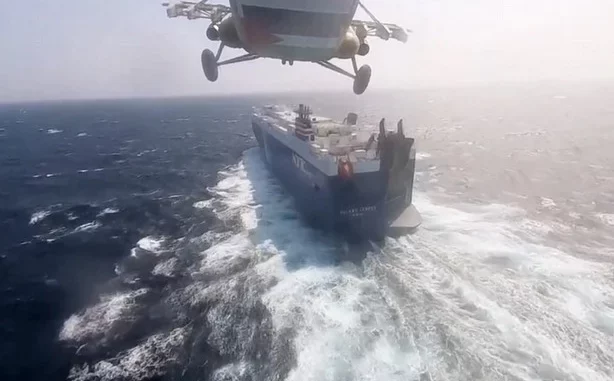
As the attacks by the Yemen’s Houthi rebels on vessels in the Red Sea intensify, Africa needs stronger voice and involvement in discussions on how to resolve the crisis, experts say.
If the attacks by the Iran-supported rebels persist into March and April, capacity constraints could trigger a supply-chain crisis like the one that occurred in 2021-22, industry experts have warned. Major freight carriers, including Maersk and Hapag-Lloyd, have already suspended operations through the Suez Canal to avoid the Red Sea and are rerouting vessels around the Cape of Good Hope, adding 5,500 to 6,500 km and seven to 10 days to an average trip between Asia and Europe.
African countries’ call for diplomatic solutions should be accompanied by an African Union’s action to protect the continent’s interests, according to Timothy Walker, senior researcher from the Pretoria-based Institute for Security Studies (ISS).
Walker notes that the UNSC Resolution 2722, which demanded that the Houthis cease attacks and release all seafarers held hostage, was supported by Sierra Leone but Mozambique and Algeria — other two of the three non-permanent African UNSC members (A3) — abstained, emphasizing the lack of a ceasefire in Gaza as a root cause. He calls on the three A3 countries to “re-engage with the issue, considering the major strategic importance of the Red Sea and Gulf of Aden for Africa.”
Economic challenges and threats to environment are, according to Walker, among key reasons why it’s inadequate for the A3 to predicate the Houthi intervention primarily on the lack of a ceasefire in Gaza.
